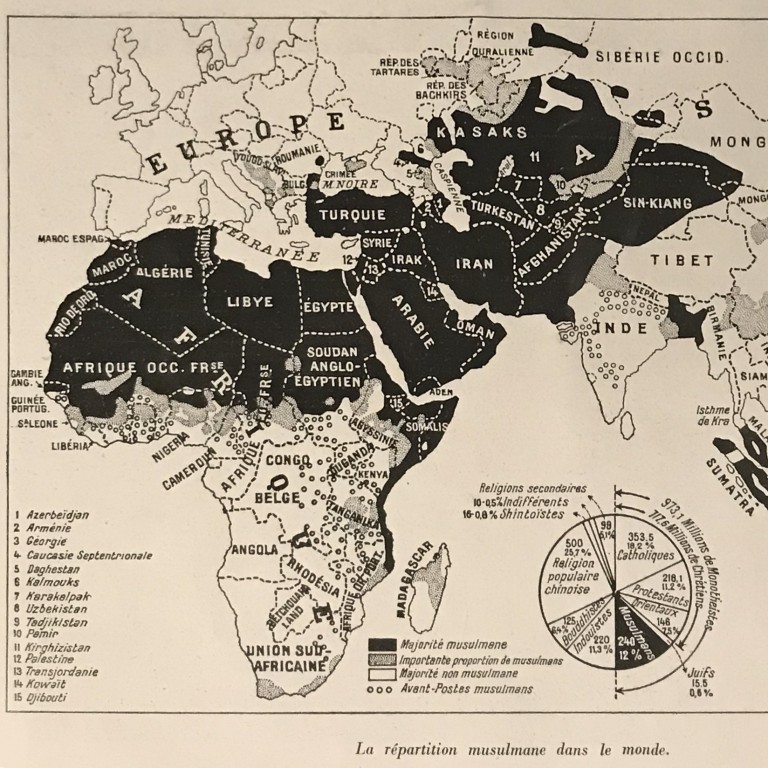Halim Sabit Efendi takes note of the quarantine
discrimination he perceives for Moslems and Christians
heading to Mecca and the Holy Land, respectively.
He also relates the practice of some Moslems pilgrims
from Russia using commercial passports, rather than
pilgrim passports, to avoid getting caught in quarantines
- perhaps from personal experience, being a native of
Kazan himself.//
Ottoman Maritime Quarantines for Mecca Pilgrims
click here for a recent TNT series on this subject.

Jerusalem in Ottoman times.
There is another thing that has long been known: contagious diseases
and the cholera microbe, in particular, don't take hold in cold-weather
countries, nor do these microbes live long in hot and dry climates. The
Hijaz is just such a hot and dry country, where the sun - the microbes'
sworn enemy - blazes down for all but just a few days each year.
That is why it has long been the belief that in the Hijaz plagues cannot
last for long. In other words, it would be wrong to say that the Hijaz
could be a source of contagious diseases. This is not to say, of course,
that we are against science and knowledge. If science dictates that
pilgrims ought to be quarantined then we have no objection to this.
However, singling out Moslems for such a harsh treatment must not be
allowed, nor should it be forgotten that Moslems, like any other group,
are entitled to respect, rights and life.
There is another related issue that has been stuck in my craw for a
while, so let me get it out: the laws that apply to quarantines are not
implemented equally. There is separate treatment for Moslems and
Christians, in this regard, and it rears its ugly head during the respective
pilgrimages. For example, if a slight illness is observed among
Moslems en route to Mecca all Moslems are subjected to quarantine.
On the other hand, it is almost unheard of for Christian pilgrims headed
for the Holy Land to suffer such restrictions.
The situation is such that only Moslem pilgrims are subject to the laws
and regulations that apply to quarantines, because the application of
these restrictions on others only happens rarely. An example of this is
the treatment of Moslem ferry travelers between Odessa and Sivastapol
and Istanbul, whereas someone with cholera can board a train in
Odessa and reach Istanbul via Vienna and Budapeşt, or board a train at
Istanbul's Sirkeci station during a cholera outbreak and tour all of
Europe without the requirement of being quarantined.

In consequence, some Moslem pilgrims from Kazan who head for
Mecca via the Black Sea ferry, during times of outbreaks in interior
Russia, get themselves a commercial passport, rather than a pilgrim
passport, to avoid quarantine at Anadolu Kavağı (at the Black Sea
entrance to the Bosphorus). Alternatively, Moslem pilgrims from
Russia go to Istanbul via Europe or from Marseille to Alexandria
but without pilgrim passports so they can travel freely like other
people.
So after taking all of the above into consideration, could it be that just
because a pilgrim doesn't have a pilgrim passport he is free of all the
contagious diseases? Of course not. Would that the recommendations
of science and knowledge were applied equally.
Halim Sabit
//END of PART II//

Hiç yorum yok:
Yorum Gönder